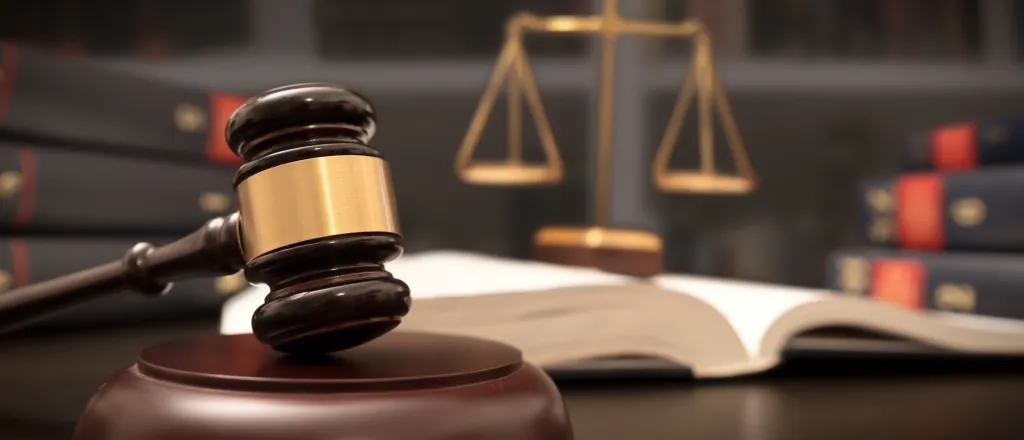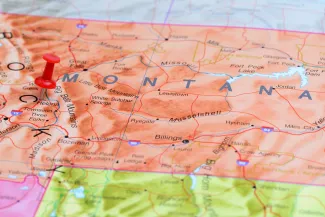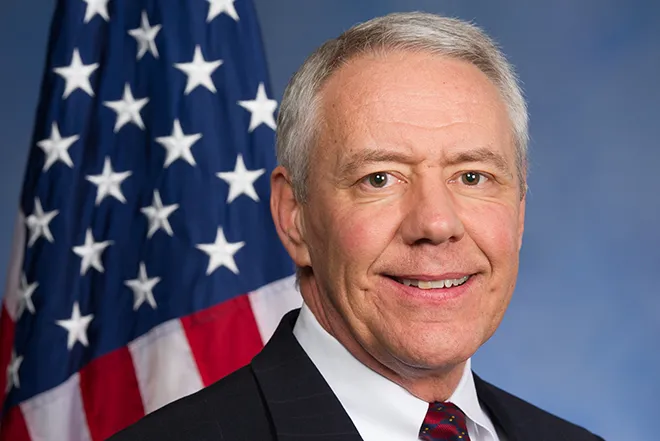
Montana judge says legislative ‘junque’ files are public records and must be open
A Cascade County District Court judge has ordered that files maintained by legislative staff that contain information related to drafting and supporting legislation will once again be immediately opened after the order was released on Tuesday morning.
Cascade County District Court Judge John Kutzman made the decision that would open the legislative lawmaking files, called “junque files,” as they had been for a half-century, until a case involving a former state Senator and the father of the current Montana Senate president abruptly stopped the practice.
The ruling clarifies part of a decision by Lewis and Clark County District Court Judge Christopher Abbott, which had temporarily caused the legislative support staff to withhold the records out of concern for a legislative privilege.

However, Kutzman ruled that while the Montana Constitution makes it clear that lawmakers cannot be hauled into court or compelled to state their reasons for supporting or opposing legislation under the legislative speech-and-debate clause, that privilege applies to their time on the floor or in committee meetings of the Legislature, and not to “junque files,” which contain materials relating to drafting and preparing bills that could become part of Montana law.
Unless Kutzman’s order is appealed to the state’s Supreme Court, it will mean that junque files that are being used to draft legislation will become immediately open and available from the legislative services as soon as they can be processed by staff.
The state could not be immediately reached about whether it planned to appeal.
Kutzman said that the two courts, his and Abbott’s, are not in disagreement about the laws or the state constitution, ruling that Abbott’s decision protects lawmaker’s speech-and-debate privilege while Kutzman’s opinion protects Montanans’ right to inspect public documents.
“This case, unlike the Conservation Voters case before Judge Abbott, involves a free-standing demand to view the contents of files about proposed legislation that have been opened and maintained at public expense by public employees who do not have ongoing one-on-one confidential relationships with particular individual legislators,” Kutzman said. “Judge Abbott ruled — correctly, in this court’s view — that the system cannot tolerate hauling a legislator into a deposition or court hearing to be adversely examined about the motives and factual bases for his official legislative actions, or compelling him to produce his personal documents for inspection at that deposition or hearing.
“It is about documents held in public files maintained on public servers by public employees at public expense.”
Senate President Matt Regier said that clarification by the judge was necessary to protect lawmakers, but that Republicans welcomed the open transparency.
“I think it is a balance of a constitutional provision that legislators shouldn’t be questioned, and so that part versus transparency to the public and open government,” Regier said. “So (we’re) very much for the open government, but also, there’s a reason that you can’t just come after a legislator because you don’t like the decision.”
Kyle Schmauch, communications director for the senate majority added that their members had been told to expect junque files to be opened up again. “So, shouldn’t be surprising to anyone on the Republican side.”
The controversy surrounding documents that Senator Keith Regier had was initiated by a group of citizens and the Montana Environmental Information Center, which was represented by Upper Seven Law. Later, a group of media organizations intervened for clarification about the ruling as it pertained to the junque files. That coalition of media includes the Montana Newspaper Association, the Montana Broadcasters Association, Lee Enterprises, Adams Media, the Montana Free Press and the Daily Montanan, represented by the Goetz Law firm in Bozeman.
Kutzman found that valuable public information is often contained in the bills, including lobbyist support and contact information of the people who were instrumental in drafting the bills.
“The only qualification in the constitutional right to examine public documents is ‘when the demand of individual privacy clearly exceeds the merits of public disclosure,’” Kutzman said. “No one in this case suggests the case has anything to do with anyone’s right of individual privacy. Similarly, nothing in the constitutional language requires the person who wants to examine public documents to agree not to use that information to publicly criticize the legitimacy or validity of government action.”
Reporter Micah Drew contributed to this report.
Daily Montanan is part of States Newsroom, a nonprofit news network supported by grants and a coalition of donors as a 501c(3) public charity. Daily Montanan maintains editorial independence. Contact Editor Darrell Ehrlick for questions: info@dailymontanan.com.

















